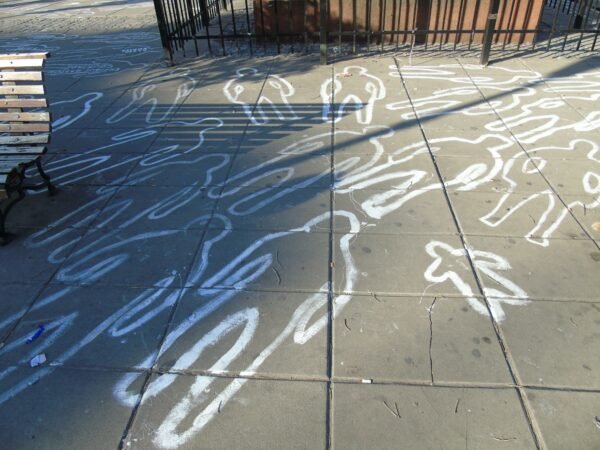 Testimony is our very first Special Collaborative Project. The aim is to develop a range of broadly educational initiatives which will use existing platforms within Progressive Connexions – i.e., meetings, symposia, conferences and events – to which will be gradually added layers of schools, one/two week in-person special courses across North and South America, Europe and Australia. In turn, these will be cradled in new developments, for example, the development of online courses, accreditation for Testimonial projects and courses, the founding of education programmes which involve elements of travel to sites for example, in Germany, or Argentina, or destinations in Canada or Australia (indigenous oriented) mixing intellectual tourism with study materials, guides etc. Alongside this will run a layered publishing programme, not just for publishing research, but testimonial ‘tour books’, textbooks, course and other materials. Eventually these will all tie-in with physical centres based in various cities across the world to facilitate the exchange of scholars, researchers, students, who can host locally oriented events and programmes.
Testimony is our very first Special Collaborative Project. The aim is to develop a range of broadly educational initiatives which will use existing platforms within Progressive Connexions – i.e., meetings, symposia, conferences and events – to which will be gradually added layers of schools, one/two week in-person special courses across North and South America, Europe and Australia. In turn, these will be cradled in new developments, for example, the development of online courses, accreditation for Testimonial projects and courses, the founding of education programmes which involve elements of travel to sites for example, in Germany, or Argentina, or destinations in Canada or Australia (indigenous oriented) mixing intellectual tourism with study materials, guides etc. Alongside this will run a layered publishing programme, not just for publishing research, but testimonial ‘tour books’, textbooks, course and other materials. Eventually these will all tie-in with physical centres based in various cities across the world to facilitate the exchange of scholars, researchers, students, who can host locally oriented events and programmes.
The increased visibility of police brutality, forced disappearances, discoveries of unmarked and mass graves, and gendered killings, among other manifestations of systematic violence compels us to grapple with stories of loss, grief, and mourning. To give testimony, to tell and retell what one has witnessed, across time and generations–an historical inheritance of memory, trauma, and engagement. These accounts often take the form of testimony, that is, autobiographical narratives that present evidence of first-person accounts of human rights abuses, violence and war, and life under conditions of social oppression.
Testimony strongly encourages us to rethink the concepts of memory and trauma, closure, grieving and mourning, and to (re)imagine the entanglement of past, present, and future by opening a space for voices that have been historically silenced and/or censored. It is a genre that continues to thrive in the twenty-first century—perhaps even more so since the outbreak of the Covid-19 pandemic—and one that encompasses a diversity of expression or representation from oral to written as well as nonfictional to fictional.
Testimonial production implies a spectrum of disciplines, art forms, geographical and historical contexts as well as multi-lingual realities, that includes topics such as: human rights and storytelling; trauma and memory; ethics, witnessing, and reconciliation; affect theory and empathy studies; critical pedagogy. Scholars continue to engage questions that address issues of generic hybridity and metamorphosis; uses, reception, and production of testimony; ethical and aesthetic contexts of testimony; and legal and juridical frameworks of testimony.
It is through interdisciplinarity that an examination can be made of the impact and contributions of testimonial production within the cultures of redress and transnational justice processes for both the producers of testimony and their audience.
